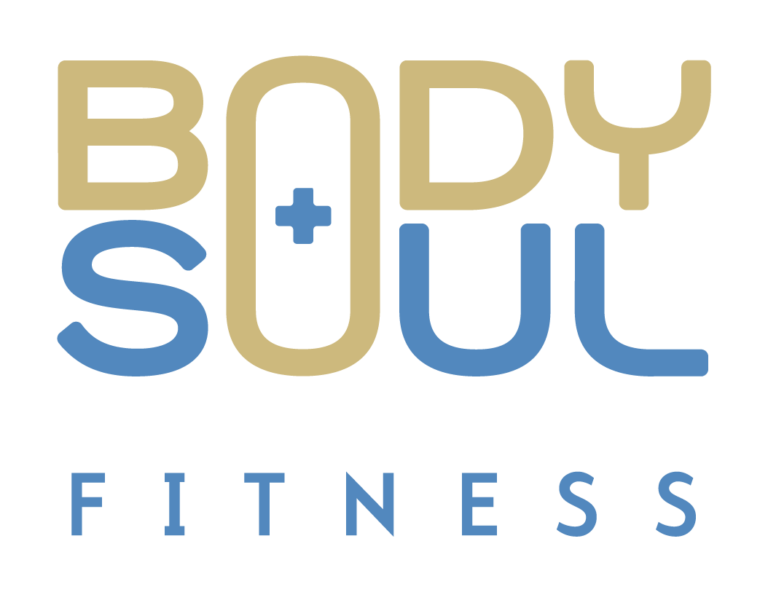How Changes in Your Body During Pregnancy Will Affect Exercise
During pregnancy, your body will undergo many changes that you will be constantly adjusting to. Some of these changes can and will directly affect how you exercise, and it’s important that you are aware of them. Let’s discuss some of these changes:
- Balance – Pregnancy changes your center of gravity to shift it more forward and upwards due to the extra weight in front of your body. This can place stress on your low back and pelvis and can increase your risk of falling. Be aware of how your changing body and size may affect your balance and it’s best to avoid any type of exercise where there is a high risk of falling such as skating, skiing, horseback riding, and some contact sports.
- Joints – Hormonal changes during pregnancy cause your ligaments that support your joints to become more relaxed. For this reason, you may want to avoid jerky or high-impact activities – like plyometric training – and exercise caution during stretching to reduce your risk of overstretching or injury.
- Breathing – Your oxygen requirements increase during pregnancy to support your growing child. This may impact your capacity for strenuous or high intensity exercise as you may feel more out of breath than usual during your workouts (especially during the second and third trimesters). Be sure to adjust the intensity of your exercise as needed.
- Heart rate – Total blood volume, heart rate and cardiac output, the amount of blood your heart pumps per beat, all increase during pregnancy to support blood flow to you and your growing child. At the same time, total vascular resistance decreases. This means that your heart rate may not increase as much during exercise as it did prior to pregnancy. This is just something to be aware of. It is more common to use the Talk Test, which I will get to in a later section, or a scale of perceived exertion to assess exer
These are just a few of the many changes to be aware of, as exercising during pregnancy will likely feel much different than exercising before. Your body is undergoing a lot of change, and it’s important to remember to always listen to your body, it knows best.
Amanda discusses the benefits, to you and your baby, of exercising while pregnant, and important safety precautions to consider.
During pregnancy, your body experiences many changes, some of which will affect how you exercise. In this section, Amanda discusses some of these changes, and how to adjust your workouts to safely account for them.
Amanda explores exercise guidelines for working out during your pregnancy including aerobic exercise, resistance training, mobility work and the Talk Test. She discusses what is safe to participate in and what exercises to avoid.
Concluding part 1 of the workshop, Amanda wraps up the prenatal section by highlighting key takeaway points.
An introduction to postnatal fitness, Andrew reviews what part 2 of the workshop will discuss and how it will provide you with the tools to safely exercise after pregnancy.
Andrew discusses timelines for when it’s safe to return to exercise, and considers the benefits of exercise post-partum.
Your body, after pregnancy, has gone through many changes and needs time before you return to full exercise exertion. Andrew explores exercise guidelines and a simple routine to follow for your post-partum workouts.
Amanda and Andrew conclude the workshop on fitness during and after pregnancy with a few final thoughts and considerations.
An introduction to prenatal fitness, what the workshop will cover and how it will provide you with the tools to safely exercise during pregnancy.

